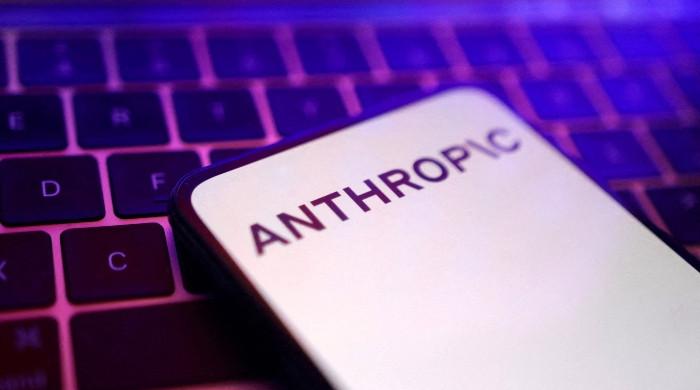Anthropic is expanding its deal with Google to use up to one million of the tech giant’s AI chips, worth tens of billions of dollars, as the startup races to advance its AI systems in the competitive market.
Under the deal announced Thursday, Anthropic will have access to more than a gigawatt of computing capacity, available in 2026, to train the next generations of its Claude AI model on Google’s internal tensor processing units, or TPUs, which were traditionally reserved for internal use.
Anthropic said it chose TPUs because of their price-performance ratio and efficiency, as well as its existing experience in training and servicing its Claude models with the processors.
The deal is the latest sign of insatiable demand for chips in the artificial intelligence industry, where companies rush to develop technology that can match or surpass human intelligence.
Alphabet-owned Google, whose TPUs are available for rent on Google Cloud and serve as an alternative to supply-limited Nvidia chips, will also provide additional cloud computing services to Anthropic.
Rival OpenAI recently signed multiple deals that could cost more than $1 trillion to secure about 26 gigawatts of computing capacity, enough to power roughly 20 million American homes. One gigawatt of computing can cost roughly $50 billion, industry executives have said.
OpenAI, maker of ChatGPT, is actively using Nvidia graphics processing units and AMD artificial intelligence chips to drive its growing demand.
Reuters exclusively reported in early October that Anthropic projects to more than double, and potentially nearly triple, its annualized rate of revenue next year, driven by rapid adoption of its enterprise products.
The startup emphasizes AI security and building models for enterprise use cases. Their models have helped fuel a boom in vibration coding startups like Cursor.




